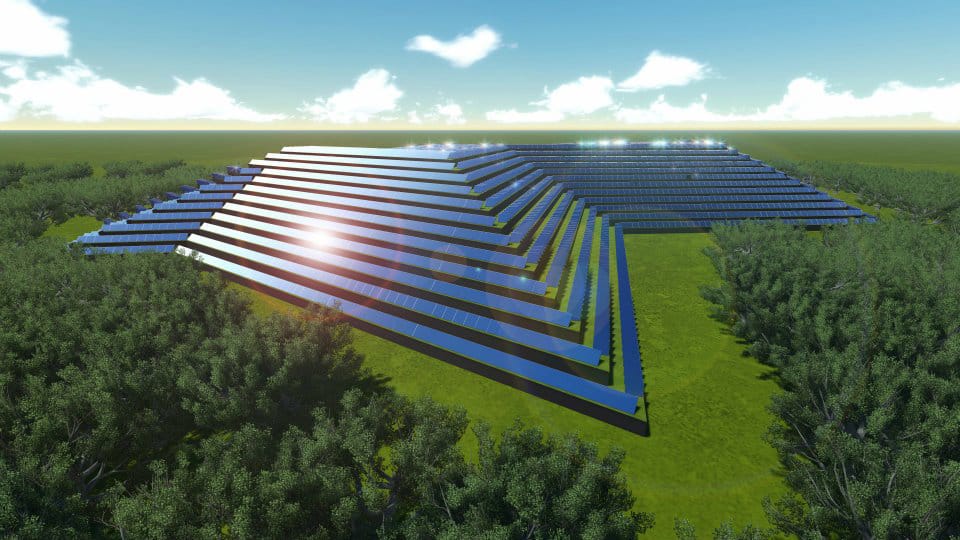The United Nations states that in 2021, 789 million people around the world still lack access to electricity and this may hamper efforts to contain COVID-19 across many parts of the world. Energy services are key to preventing disease and fighting pandemics-from powering healthcare facilities and supplying clean water for hygiene, to enabling communications and IT services than connect people while maintaining social distancing measures.
Sustainable Energy initiatives

Renewable energy is produced using natural resources that are constantly replenished. Just as there are many natural sources of energy, there are now many renewable energy technologies available. The most popular are solar, wind, hydro, tidal, geothermal, and biomass. Renewable energy systems can support all sectors from government and businesses, medicine and education to agriculture, infrastructure, communications and technology.
SDG7 – Affordable & Clean Energy - is strongly interlinked with progress on other Sustainable Development Goals. Many of those goals will also be in jeopardy without increased access to affordable, reliable and modern energy services – especially ones related to poverty eradication, gender equality, food security, health, education, clean water and sanitation, jobs, innovation, and transport.
Cities can accelerate the transition to an affordable, reliable, and sustainable energy system by investing in renewable energy resources, prioritizing energy efficient practices, and adopting clean energy technologies and infrastructure.
Below are 5 clean energy programmes being implemented by local governments in partnerships with NGO’s, civil society and the private sector.
Curitiba More Energy, Curitiba, Brazil
Despite the solar potential in Brazil, solar power accounts for a miniscule share of Brazil’s energy supply. The City of Curitiba wants to lead the way for a clean energy revolution in Brazil by solarizing rooftops of buildings and bus terminals owned by the municipality. With support from C40 Cities Finance Facility (CFF), the City is developing a business case for installing solar photovoltaic (PV) projects on the city’s rooftops. In the long term, the project will pave the way for scaling up rooftop PV projects across the city and 28 other municipalities in the metropolitan region.
Slum Electrification Program, Ahmedabad, India
The object of the Slum Electrification Program was to remove illegal power lines in streets and homes by connecting vulnerable households to the electricity grid. In return participating households were granted a minimum de-facto tenure of ten years and financial assistance to pay connection fees. Since 2008, approximately 200,000 poor households have been connected to the grid and now benefit from reliable power services and the loss of energy for the utility companies has been reduced by 30%.
Masterplan for Energy Transition, Dortmund, Germany
The City of Dortmund developed a plan for an energy transition across all sectors of society. The plan centred on a participation process enabling citizens, scientists, the energy industry, business and government agencies to share their experiences and shape a new vision. They developed project ideas, described challenges and achieved broad consensus on how to handle these demands. The broad participation process was aimed at creating understanding and acceptance and have ambassadors for energy transition in all sections of society.
Energy Advice Points, Barcelona, Spain
In Barcelona, roughly 10% of the 1.6 million inhabitants live under conditions of energy poverty. The Energy Advice Points are a service provided by Barcelona City Council that offers information, assistance and intervention to citizens regarding their right to energy. Additionally, it prevents private companies from denying citizens access to basic utilities and provide jobs to long-term unemployed people over 45 years.
Boosting energy efficiency, Metropolitan City of Turin
The City of Turin in collaboration with the University Politecnico of Turin has initiated a research project to collect data on energy consumption and associated costs for buildings owned by the City. The goal of the project is to have access to data that will enable the City to make more efficient policy and technical decisions.
For more programmes and policies related to clean energy search the use data base by SDG 7 or topic – Energy - https://use.metropolis.org/search